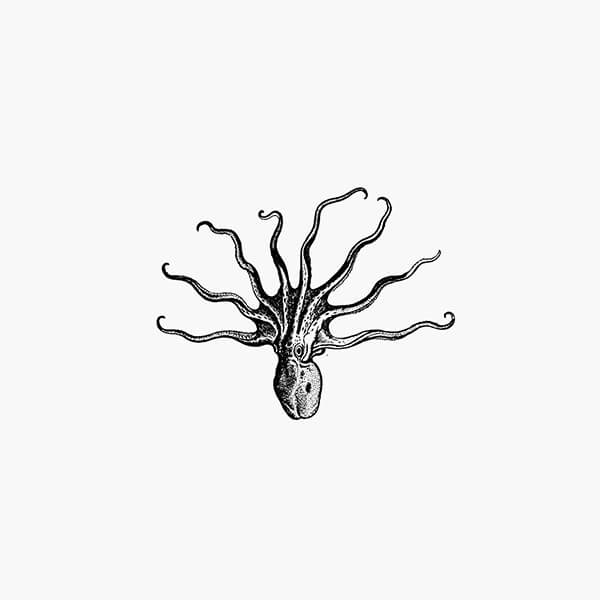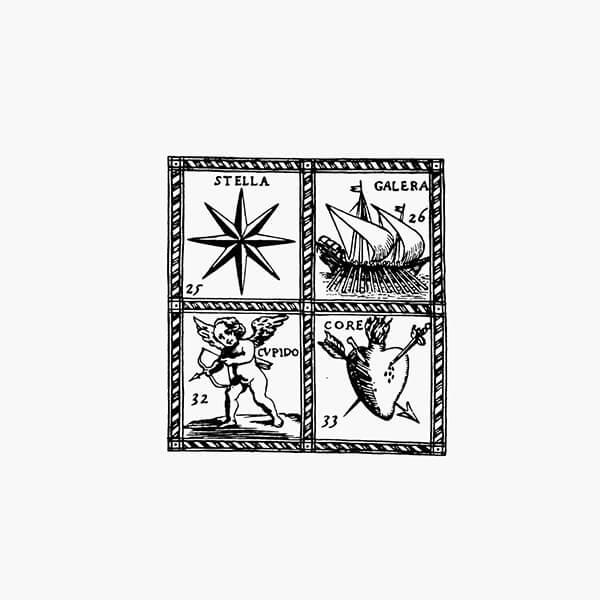



























Il Labirinto scritto
8838 Paris-Nuà
Texts by Giovanni Testori, Nicolò Rossi
2024 / 72 PAGES.
Language: Italiano
Six poems, six fragments, brought by Giovanni Testori from the French of Paris to the Milanese of Nuà. From Paris to Novate. Rimbaud and Verlaine, the two monumental maudits of French Symbolism – a minimal, unknown and preliminary collection: a last betrayal, and a final return home.
Born in Novate in 1923, Giovanni Testori began training as an art historian from an early age. He was a young man of fervent passions who grew into a complex man, always with a taste for blatant provocation and extreme acts. He debuted as a post-neorealist narrator, but it was in theatre that he reclaimed the historically Padanian expressionistic multilingualism of an eccentric literature, linguistically extravagant and rebellious. Ever divisive, he couldn't allow for a distinction between life and art, faith and civilisation: everything was contamination, everything was testimony and compromise. One of the last traces of his linguistic research can be found in these six unpublished poems, translated into Milanese from the French of Rimbaud and Verlaine, on which Testori worked in the final months of his life. Introduced by a text by editor Nicolò Rossi and accompanied by some articles from the "Corriere della Sera" (again by Testori, highlighting his great bond with the two French poets), these six fragments bear witness to the intense and ongoing linguistic exploration. At the same time, they capture the moment of the final return, the sweetest one: to family, to the homeland; to the language of childhood, now made of ghosts, to be held close, all of them: in the heartache of farewell, before the very last journey.
… tale risulta veramente il ritmo, il pulsare sotterraneo che accompagna, d’opera in opera, il crescere umile e immenso della dorsale cézanniana verso il suo ultimo atto; là dove la morte appare vinta e superata, non già attraverso la glorificazione delle sue ombre, dei suoi strazi e delle sue agonie, bensì attraverso la forza, la luce e la pazienza della vita.